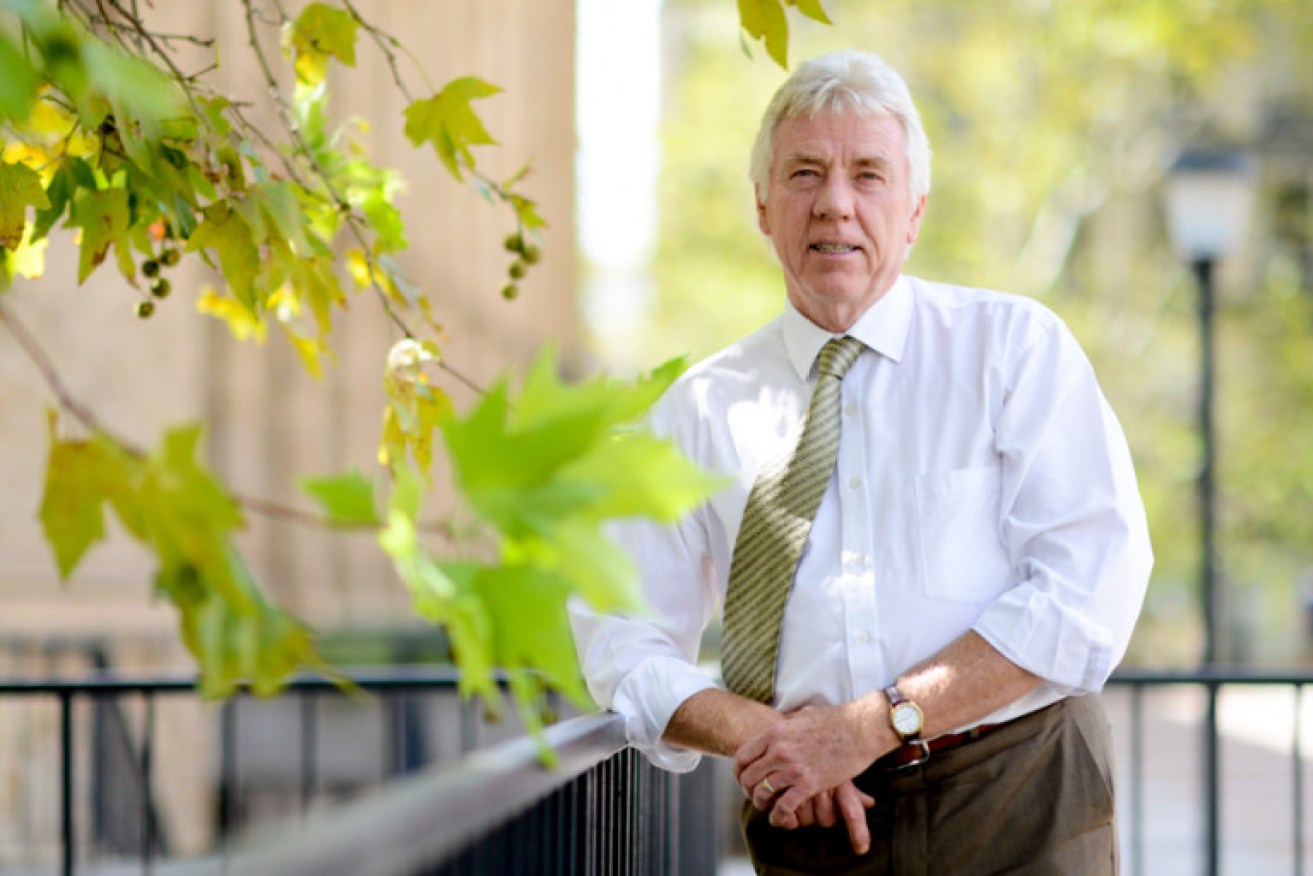Infrastructure authority concept gains support

Economist Michael O'Neil
Business SA’s call for the State Government to establish an independent statutory authority to take politics out of decision-making about vital infrastructure, and to explore new funding models, has drawn support from two leading South Australian academics.
A week from the state budget, economist Associate Professor Michael O’Neil and political scientist Professor Clem Macintyre, both of Adelaide University, have individually described the idea as having “merit”.
However, the chair of the State Economic Development Board, Raymond Spencer, queried the need for such an authority and suggested it would only be necessary in exceptional circumstances.
In a pre-Budget submission, Business SA called on the Government to “establish an independent statutory authority which can investigate alternative infrastructure funding models to encourage the superannuation sector, particularly locally based funds, to invest in greenfield (new) infrastructure”.
The peak business group argued that “South Australia’s infrastructure needs should be determined by objective cost-benefit analysis of specific project proposals without a focus on electoral boundaries”.
“The progress of the North-South Transport corridor has been limited by political manoeuvring related to prioritising specific segments of the whole project,” the submission says.
“With an independent infrastructure authority in place, both levels of Government could rely on objective advice, not only in relation to which segments of the North-South Transport corridor should be prioritised, but whether there are alternative projects which could achieve a more beneficial outcome with finite resources.
“The new board must have a broad mix of private sector experience including expertise in infrastructure, institutional investment, alternative funding vehicles and an understanding of what economic infrastructure is most critical for business, particularly exporters.”
Asked by Business Insight to comment on the proposal, O’Neil, who is executive director of the South Australian Centre for Economic Studies, said “Business SA is frankly saying that too many decisions about infrastructure that would improve the competitiveness of the South Australian economy have been compromised or unduly influenced by political decisions and electoral realities”.
“At the end of the day the business community, private equity funds, institutional investors, superannuation funds recognise this and, in a very real sense, this effectively sways them away from investing or carries a premium on the rate of return to investors. South Australia suffers in this regard,” O’Neil said.
O’Neil said the merits of an independent board were that:
- It would help to restore and improve business confidence in investing in South Australia.
- It would take the politics out of key infrastructure decisions noting that government must still indicate what its priorities are (e.g., investment in IT infrastructure that is expected to provide a long term rate of return relative to, say, a new road).
- An independent board can assess the merit of project bids within guidelines and stipulations set by Government, for example, a project may be totally private funded and/or Government may contribute equity via Treasury on certain projects.
O’Neil said it “is critical that an independent board will use non-political criteria (value for money) to evaluate projects so that there is some priority to future investment decisions. For example, is completion of South Road a greater priority than the extension to the O-Bahn? Is electrifying the Gawler to Adelaide rail link a greater priority given population growth than the O-Bahn?”
Business SA opposes the O-Bahn extension and would prefer to see the Northern Connector project – a 15.6 kilometre triple lane freeway connecting the existing Northern Expressway and Port Wakefield Road interchange to the Port River Expressway at the South Road Superway interchange – given priority.
The organisation argues that the road project would reduce freight costs and boost the export competitiveness of commodities and food and beverages produced in the Adelaide Plains, Barossa Valley, Mid North and Riverland .
During an interview on ABC Radio yesterday with Business SA’s director of policy Rick Cairney, Macintyre said the concept of an independent authority having a role in infrastructure decisions “has merit”.
Raymond Spencer was less convinced.
Asked to comment on the Business SA proposal at CEDA’s State of the State event on Tuesday, Spencer said he was “not sure” an independent body was required.
“In a way I would hope not because you would hope that government departments could do the job without having to have non-government departments doing the work that government departments aren’t doing,” Spencer said.
Spencer said the Government had to be held accountable to a process and rigorous decision making and “if the appropriate department can’t get there, then yes, maybe we are forced to move to something else but I would hope that’s not the case”.
“I would hope that Government departments could make world-class decisions in the areas that we pay them to be world-class thinkers in,” he said.




